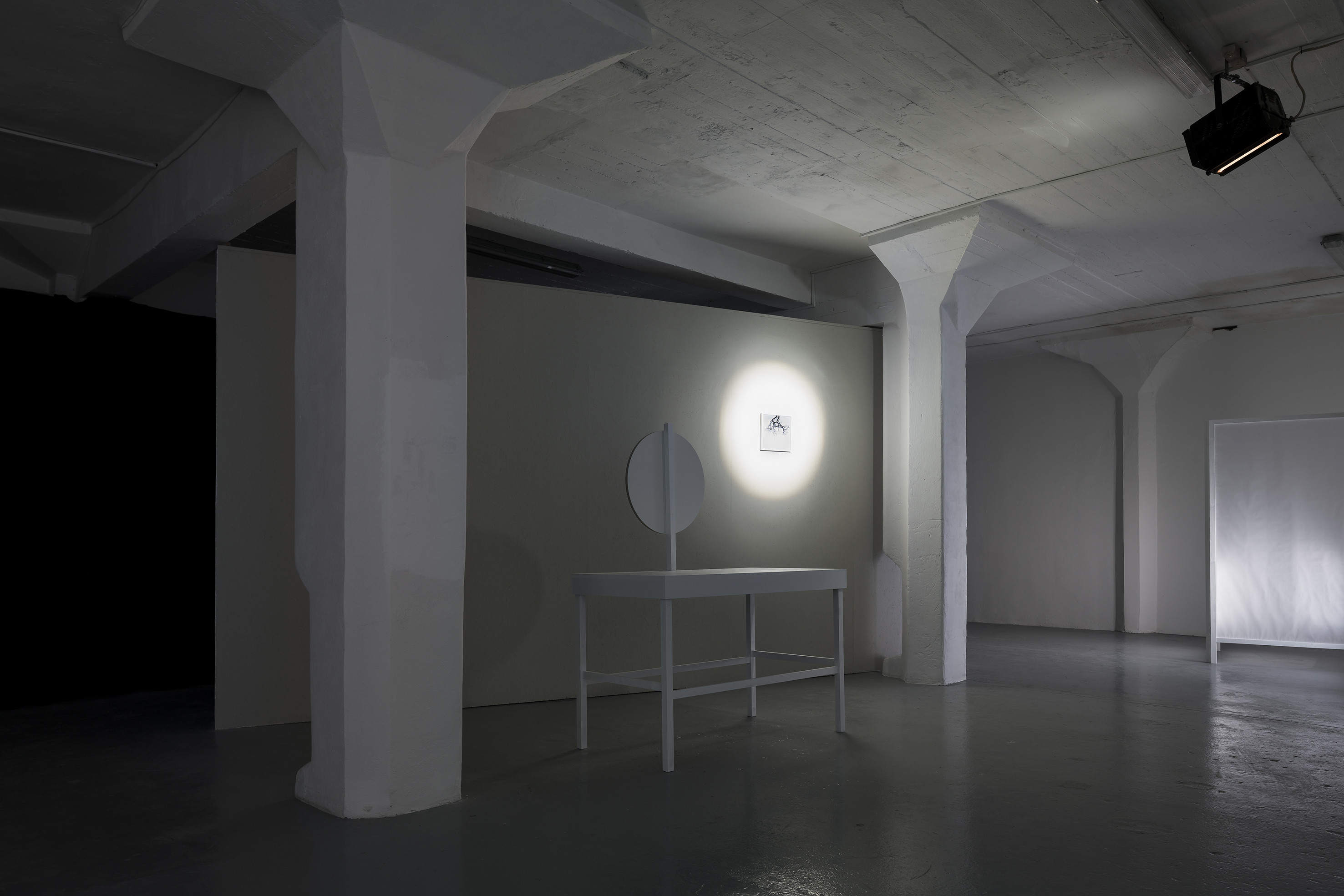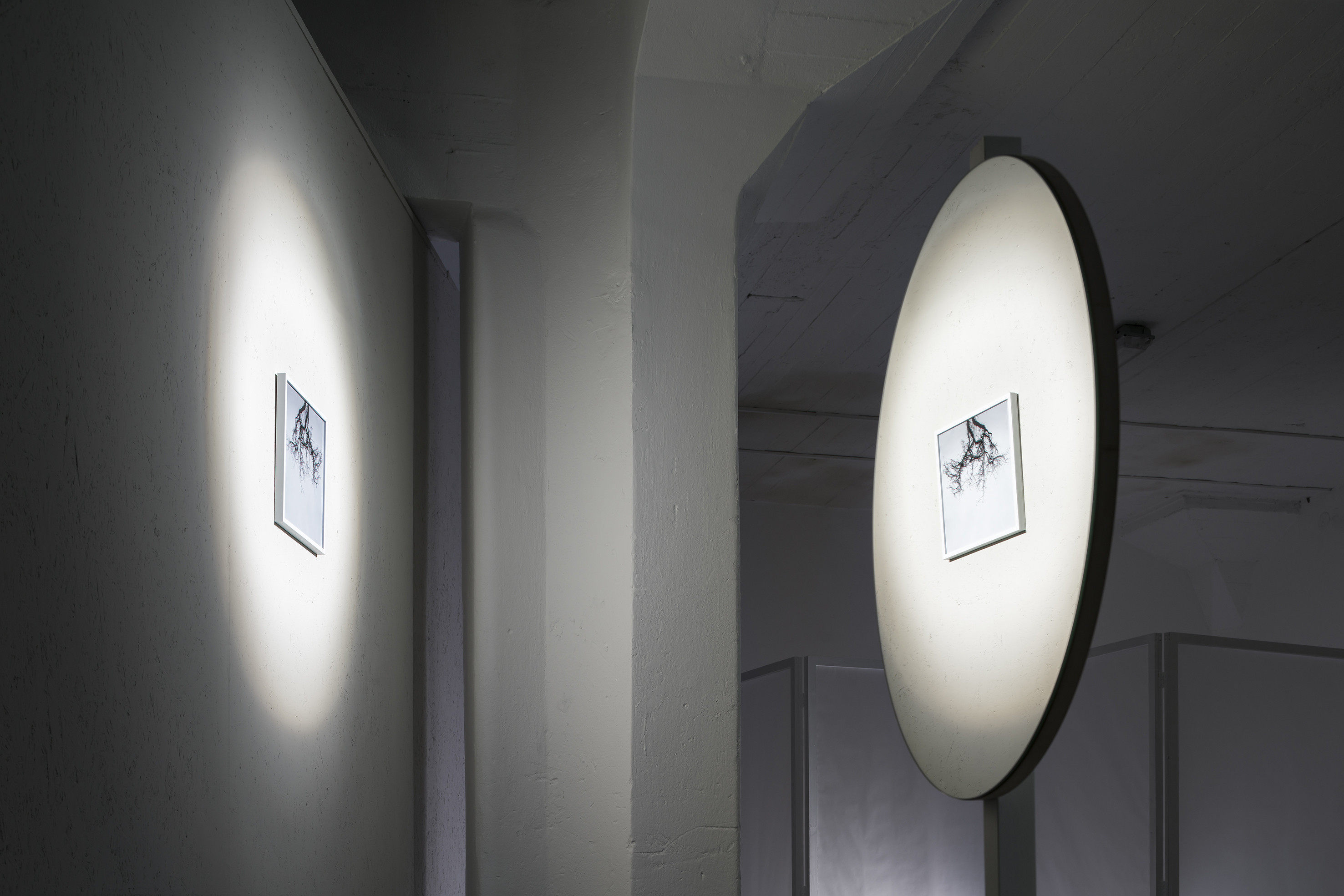The theme of the exhibition is the process of finding a firm anchor in one's own life. We live in a world full of constant change, speed, confusion and chaos, a world oversaturated with information, constantly evolving technologies, a world where the climate is unstable. It seems that the only real certainty remains the constant process of searching.

Daniela Baráčková observes the human desire for perfection.
She understands perfectionism as an obsession, but also as a strategy necessary for survival in a big city society, constantly motivating individuals to self-realization, efficiency and performance. Subjective perfectionism as a new addiction and a therapy. Perfectionism is generated to a significant extent by the limited living space of valuable square meters of big city households. Baráčková understands perfectionism as both a therapy and a drug at the same time. Its characteristic manifestation is the necessary selectivity, absurdity of obstinacy and the absence of perspective as a subconscious compensation for many unsatisfactory life situations. In parellel, however, it is also a legitimate desire for self-satisfaction, mental hygiene, and the prevention of feelings of inferiority. She describes perfectionism as an antidepressant, as the key to rest and as the great mystery of postponing life.
Until "when everything is perfect".
Does the desire for perfection subjectively increase the quality of life in a situation where there is nothing more meaningful to choose from, or is it merely a pathological inner drive that drives its bearer through life permanently dissatisfied? Is perfectionism therapy or a drug?Tereza Severová's work is loosely inspired by the work of Franz Kafka. She adopts his model, where the main focus of the story is the cause and effect of everything, an unattainable goal that is never described in itself. What exactly did the „Castle“ look like? We don´t find out in the whole of Franz Kafka´s work.The exhibition as the story of one woman, in which it is possible to discern her dual character: her obsessive perfectionism, which is caused by her desire to fit in within any system, and on the other hand her tendency to dream, her imaginations and visions.



